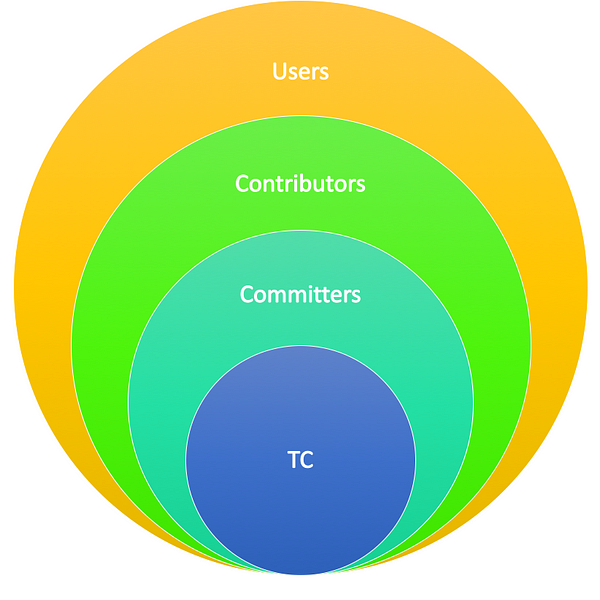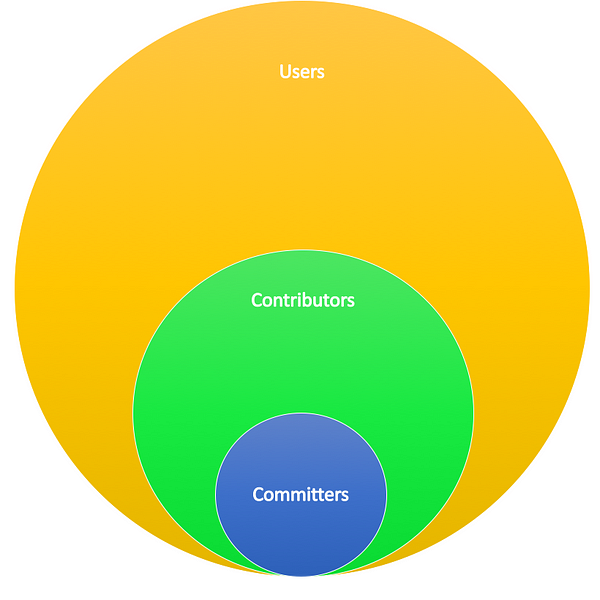‘Theforceoftheperformativeisthusnotinheritedfrompriorusage,butissuesforthpreciselyfromitsbreakwithanyandallpriorusage.Thatbreak,thatforceofrupture,istheforceoftheperformative,beyondallquestionoftruthormeaning.’[22]Forpoliticalsubjectivity,‘performativitycanworkinpreciselysuchcounter-hegemonicways.Thatmomentinwhichaspeechactwithoutpriorauthorizationneverthelessassumesauthorizationinthecourseofitsperformancemayanticipateandinstatealteredcontextsforitsfuturereception.’[23]Toconceiveruptureasasystemicortotalupheavalwouldbefutile.Rather,ruptureisamomentwherethefuturebreaksthroughintothepresent.[24]Itisthatmomentwhereitbecomespossibletodosomethingdifferentinorbysayingsomethingdifferent.
Acá los actos futuros guían la acción presente y le dan permiso de ocurrir. Del mismo modo como el derecho a ser olvidado es un derecho futuro imaginado que irrumpe en la legislación presente, pensar un retrato de datos o campañas políticas donde éstos sean importantes, le da forma al activismo presente.
La idea clave acá es hacer algo diferente, que ha sido el principio tras Grafoscopio y el Data Week, desde sus apuestas particulares de futuro, que en buena medida es discontinuo con las prácticas del presente, tanto ciudadanas, cono de alfabetismos y usos populares de la tecnología.

